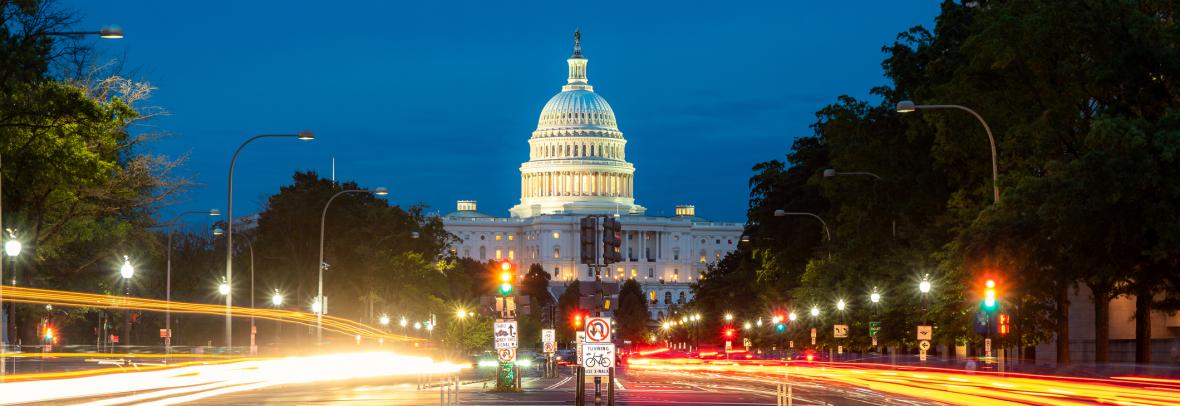
A possible government shutdown – and potential speedbump for closings – was postponed until at least Dec. 3 after Congress voted to approve a short-term extension.
WASHINGTON – Congress approved legislation Thursday to avert a government shutdown hours before a midnight deadline, passing a measure that extends funding for the federal government through Dec. 3.
The House voted 254-175 to approve the bill that raced through both chambers in a few hours. House Speaker Nancy Pelosi, D-Calif., said the legislation would keep government services functioning, prevent furloughs for hundreds of thousands of workers and protect the economy.
“A shutdown is not anything anyone wants,” Pelosi said.
The Senate had voted earlier 65-35 to approve the measure.
“At this time – at any time – it is a very, very bad thing to let the government shut down,” said Senate Majority Leader Chuck Schumer, D-N.Y.
The vote capped days of drama in Washington, where a lack of action had federal offices preparing contingency and furlough plans for if the government shut down. A deal to keep the government running materialized Wednesday evening after Democrats gave up on an effort to include a provision to raise the nation’s limit on borrowing.
Government funding was set to expire with the end of the fiscal year Thursday at midnight. The temporary extension gives lawmakers more time to approve funding for an entire year of government operations.
Avoiding a shutdown cleared one of four contentious financial hurdles facing Congress in the next few weeks.
The House was set to vote Thursday on an infrastructure bill, the timing of which has divided Democrats. Some Democrats argued the infrastructure bill should move in tandem with a $3.5 trillion package of Biden’s social welfare priorities, which is still under negotiation.
“It is a glimmer of hope as we go through many, many other activities,” Schumer said of the funding vote.
A shutdown would have furloughed hundreds of thousands of nonessential federal employees, forcing them to take time off without pay. Essential functions such as the military, law enforcement and air-traffic control would have continued functioning, but discretionary agencies such as the National Park Service would have closed.
A Congressional Budget Office report found a partial shutdown in 2019 cost the economy $11 billion, or more than $31 million per day.
“They are costly and damaging,” White House press secretary Jen Psaki said Wednesday.
Part of the reason the spending vote came down to the wire was because Republicans and Democrats feuded over whether to include in the legislation a provision to raise the nation’s limit on borrowing. Congress must raise the country’s borrowing authority by Oct. 18 or risk a default that economists warn would be an economic catastrophe.
Approval of the funding came quickly after Democrats abandoned their attempts to link the funding to an increase or suspension of the debt limit, an action conservatives and liberals agree needs to be taken so the country can continue to pay its bills and avoid worldwide economic chaos.
“We did not have to be in this place just hours before a shutdown,” said Rep. Kay Granger of Texas, the top Republican on the House Appropriations Committee.
Republicans have said Democrats will need to raise the debt ceiling on their own. On Monday, Senate Republicans blocked debate on legislation that would have addressed both extending funding for the federal government and raising the debt limit.
“The Democratic majority has begun to the realize that the way forward on basic governing duties matches the road map that Republicans have laid out for months,” said Senate Minority Leader Mitch McConnell, R-Ky. “We are able to fund the government today because the majority accepted reality.”
Copyright 2021, USATODAY.com, USA TODAY
Go to Source
Author: kerrys



